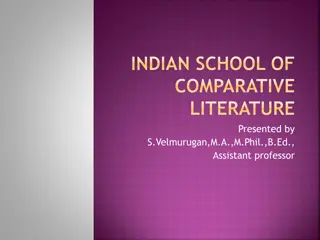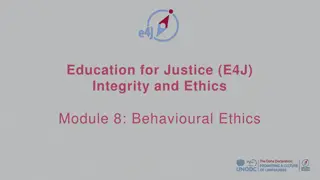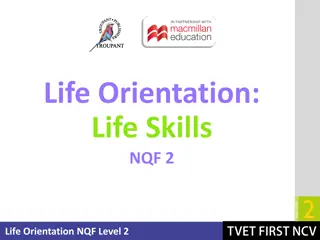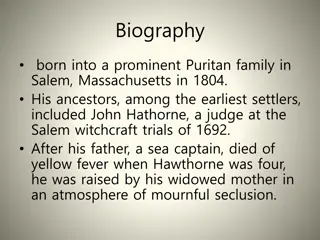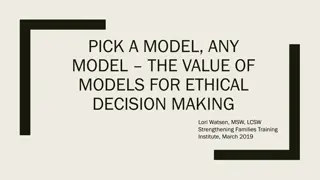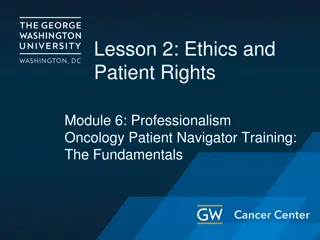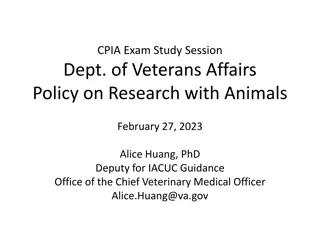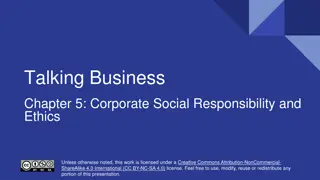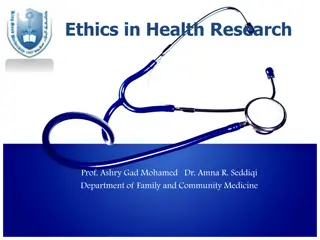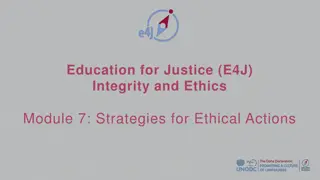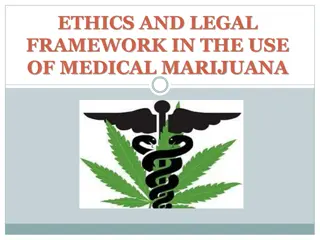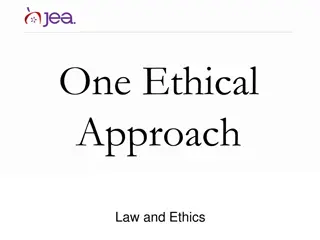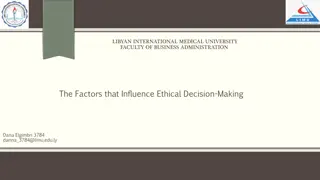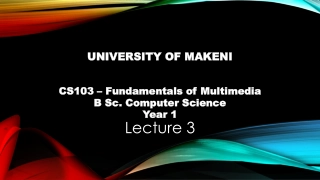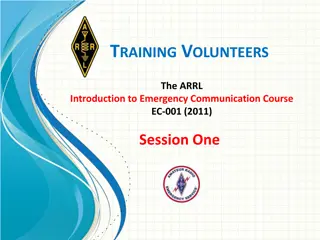Literature's Ethical Impact and Prominent Ethical Systems
Elaine Scarry, a Harvard professor, explores how literature diminishes acts of injuring through empathy, deliberation, and beauty. She delves into the transformative power of literature in shaping ethical values. Additionally, the discussion touches on the relationship between sports and ethics, emphasizing the need to understand various ethical systems and their core values.
Download Presentation

Please find below an Image/Link to download the presentation.
The content on the website is provided AS IS for your information and personal use only. It may not be sold, licensed, or shared on other websites without obtaining consent from the author. Download presentation by click this link. If you encounter any issues during the download, it is possible that the publisher has removed the file from their server.
E N D
Presentation Transcript
ELAINE SCARRY, POETRY CHANGED THE WORLD Scarry teaches in Harvard s English department Walter M. Cabot Professor of Aesthetics and General Theory of Value In a world where we re often trained to think in terms of relativity and social construction, she is interested in absolutes Scarry argues that there are three major ways that literature has diminished acts of injuring
1. THE INVITATION TO EMPATHY Empathy usually means the ability to feel compassion for a fictional being o However, Scarry emphasizes also that literature has another empathic capacity: o If enough people learn this habit (that there are other viewpoints than our own), then we collectively pass laws against injuring others o
2. DELIBERATION Certain forms of writing, such as Greek plays, model the pros and cons of dispute and debate These types of writing flourish from the 12thto the 15thcentury Immediately thereafter, she argues, three institutions arise: Universities Courts of law and law schools Parliament Real Benefit Real Benefit: Empathy and deliberation work together and require one to think counterfactually, to think the thing that one does not hold to be the case.
3. BEAUTY We find certain values in the aesthetic properties of literature symmetry, vivacity, unity and then seek to create those values in the world Beauty unselfs us: we push our worries to the side and let something else take over Beauty propels in us the desire to create : art, children, institutions, etc. This is necessary in order to make change, seek justice, etc.
SOME PROMINENT ETHICAL SYSTEMS Sports relationship to the ethical is not Sports relationship to the ethical is not fixed: teaches ethics, and I am willing to listen to arguments that sports doesn t teaches ethics, and I am willing to listen to arguments that sports doesn t successfully teach ethics at all successfully teach ethics at all fixed: there is no single way that sports there is no single way that sports But in order to be more precise about the relationship between sports and ethics But in order to be more precise about the relationship between sports and ethics today, especially how particular situations or particular sports or particular today, especially how particular situations or particular sports or particular environments might teach ethics, we should be aware of some prominent ethical environments might teach ethics, we should be aware of some prominent ethical systems and their core precepts and values systems and their core precepts and values
1) STOICISM 4 4th thcentury BCE century BCE associated with Epictetus associated with Epictetus Emphasis on balance and equanimity Emphasis on balance and equanimity Other key values include contentment, moderation, serenity, and peace of Other key values include contentment, moderation, serenity, and peace of mind mind A very A very prescriptive prescriptive ethical system that regulated practices in order to achieve self ethical system that regulated practices in order to achieve self- - mastery mastery Vegetarianism Temperance Abstinence All about resisting temptation
2) HEDONISM 4 4th thcentury BCE century BCE associated with Epicurus, a response to Stoicism associated with Epicurus, a response to Stoicism Pursuit of pleasure and satisfaction as opposed to moderation and Pursuit of pleasure and satisfaction as opposed to moderation and contentment contentment Eat, drink, and be merry, / For tomorrow we ll die. Eat, drink, and be merry, / For tomorrow we ll die. Carpe Diem mentality Carpe Diem mentality A life rich in short A life rich in short- -term experiences, for we cannot know what comes next term experiences, for we cannot know what comes next
3) DEONTOLOGY C. 18 C. 18th thcentury century associated with philosopher Immanuel Kant associated with philosopher Immanuel Kant Everyone should act as if all other people would do the same exact thing, each Everyone should act as if all other people would do the same exact thing, each and every time and every time One society, no special treatment, no exceptions or special cases One society, no special treatment, no exceptions or special cases The same rules and precepts apply to everyone equally, regardless of status or The same rules and precepts apply to everyone equally, regardless of status or skill skill
4) UTILITARIANISM C. 19 C. 19th thcentury century associated with John Stuart Mill associated with John Stuart Mill One should choose acts that benefit the most amount of people, even if they One should choose acts that benefit the most amount of people, even if they cause harm to other, smaller amounts of people cause harm to other, smaller amounts of people A view often used by government officials and others to justify situations in which A view often used by government officials and others to justify situations in which there are no good choices there are no good choices Weigh the pros and cons and calculate the Weigh the pros and cons and calculate the propinquity accountant s balance sheet accountant s balance sheet propinquity of the decision, like an of the decision, like an
5) EXISTENTIALISM C. 20 C. 20th thcentury century associated with French thinkers John Paul Sartre and Albert associated with French thinkers John Paul Sartre and Albert Camus Camus existence precedes essence existence precedes essence there is no innate human nature or God there is no innate human nature or God- -given purpose purpose given Instead, we are born, then we struggle to make our own meaning, values, and Instead, we are born, then we struggle to make our own meaning, values, and purpose in life purpose in life We can do this individually, but we can also choose to make meaning We can do this individually, but we can also choose to make meaning communally, as well communally, as well
6) OVERMAN ETHICS Associated with Friedrich Nietzsche (Germany) and Ayn Rand (U.S.) Associated with Friedrich Nietzsche (Germany) and Ayn Rand (U.S.) There are elites in society who are recognizable because of their will to power There are elites in society who are recognizable because of their will to power if you have this ability, you if you have this ability, you take take power regardless of obstacles or impediments power regardless of obstacles or impediments that may stand in your way that may stand in your way Leaders and followers philosophy Leaders and followers philosophy Rand: the virtue of selfishness Rand: the virtue of selfishness if you have acquired power, you have the right if you have acquired power, you have the right to wield it to your own benefit to wield it to your own benefit others may benefit indirectly others may benefit indirectly
7) CHRISTIAN ETHICS Doesn t belong to a single era but associated with certain principles and Doesn t belong to a single era but associated with certain principles and precepts precepts Golden Rule: do unto others as you would have others do unto you Golden Rule: do unto others as you would have others do unto you Give a man a fish vs. teach a man to fish Give a man a fish vs. teach a man to fish Ten Commandments: what thou shalt and shalt not do Ten Commandments: what thou shalt and shalt not do Virtue or martyrdom or sacrifice: sometimes you must allow harm to happen to Virtue or martyrdom or sacrifice: sometimes you must allow harm to happen to yourself in order for others to succeed yourself in order for others to succeed




